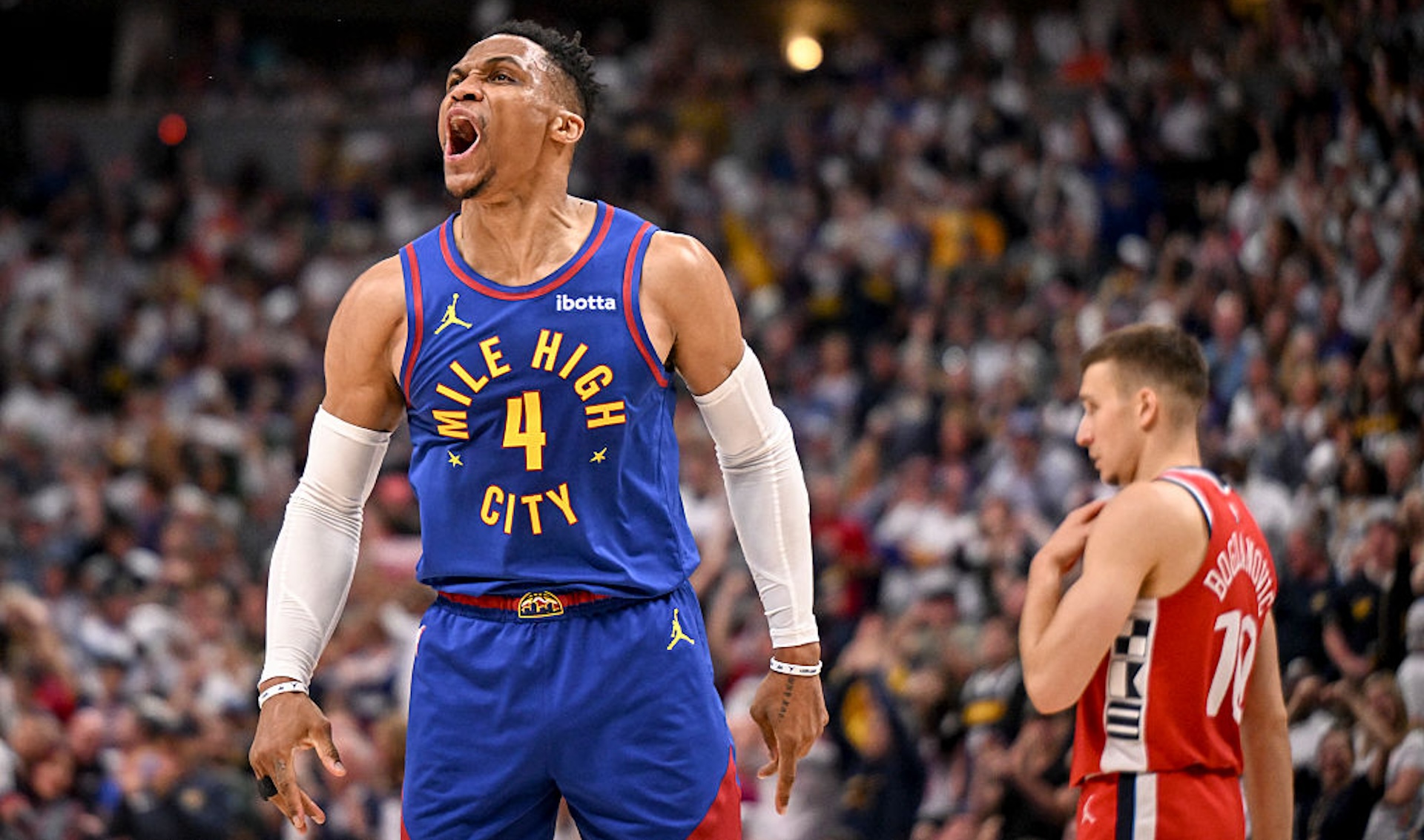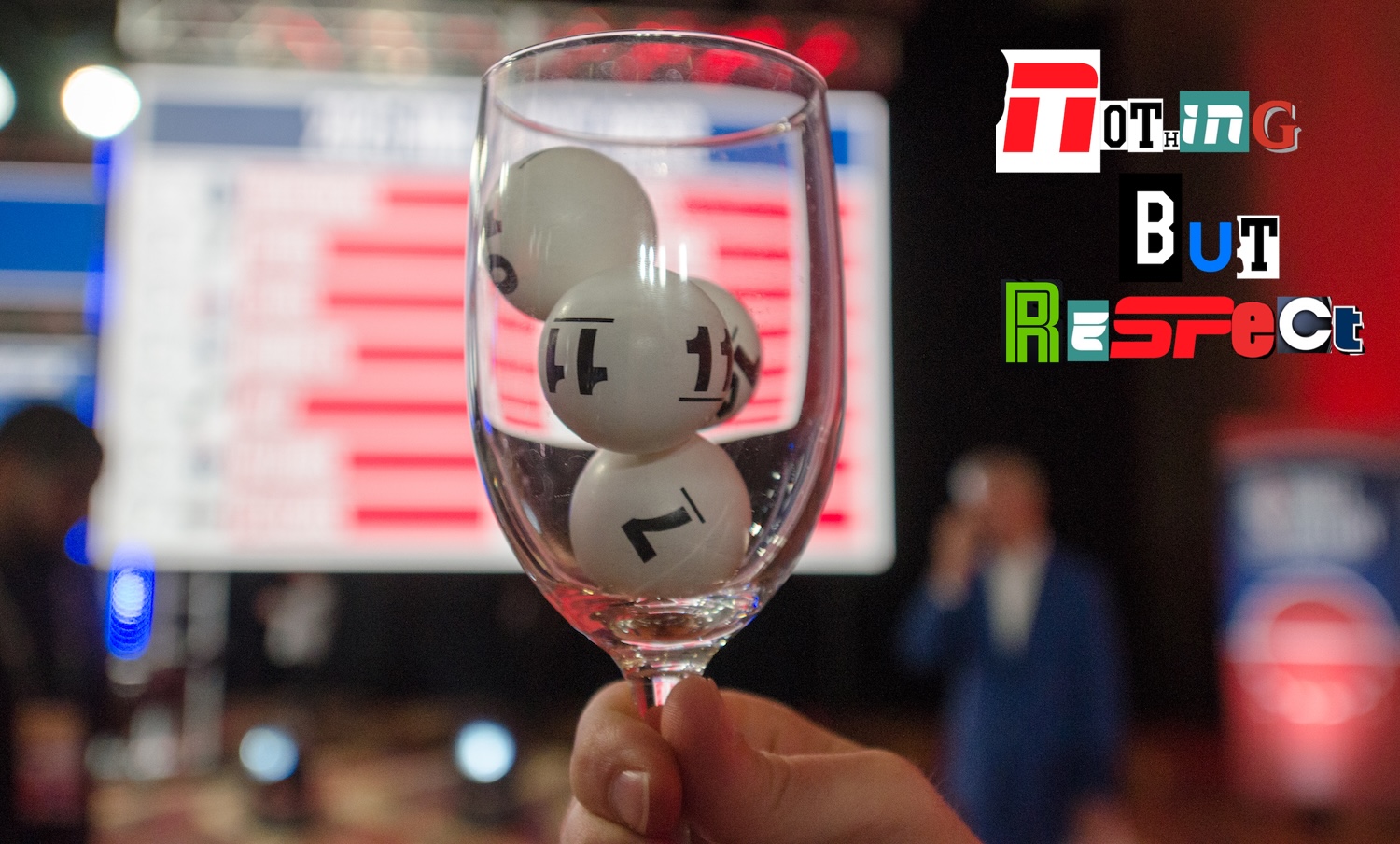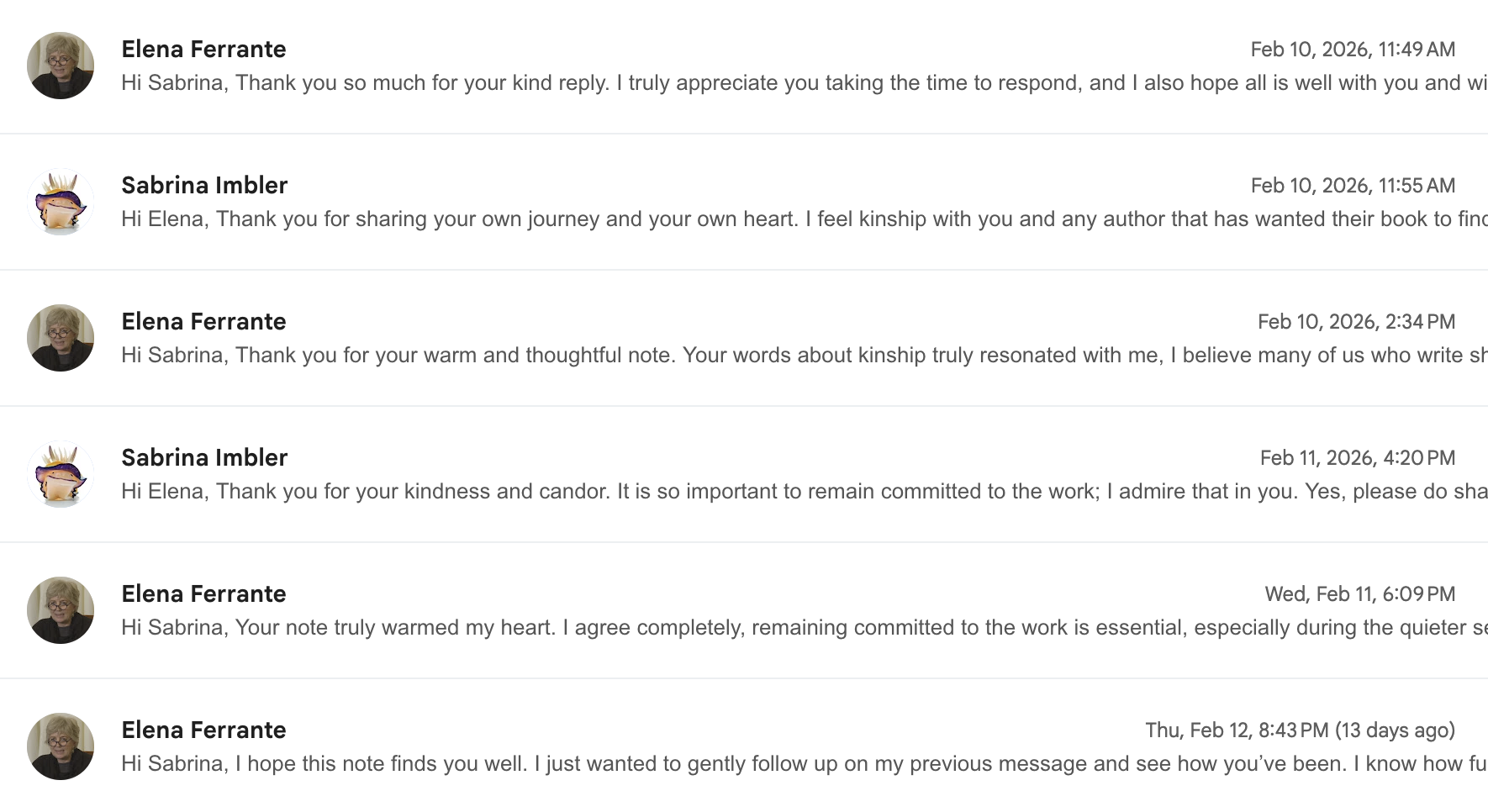Considered from an appropriate distance, there is nothing all that noteworthy about the Denver Nuggets prevailing in their first-round series against the Los Angeles Clippers. An evenly matched series eventually broke in the direction of the team with home-court advantage; the team with the best player in the series won it; the Clippers looked noticeably gassed throughout Game 7 after spending a great deal of physical and mental energy to stave off elimination in Game 6. This is pretty much how all this stuff is supposed to go. The fun of watching sports, however, is not just in observing outcomes. It's in feeling the texture of each moment leading up to a result. It's in all the little stories that get told about players and teams over the course of a seven-game series.
Coming into this series, the story of the Nuggets' season was one of angst. The team proved just how disappointing a 50-win season can feel, and the end-of-season firings of head coach Michael Malone and general manager Calvin Booth were the front office's way of admitting that an untenable toxicity had infected the whole organization. Through no fault of his own, the source of all this anxiety was Nikola Jokic. Booth and Malone split the franchise into warring factions due to their inability to agree on how best to build a winning roster around the best player in the world. Every loss and stretch of lifeless play stung so bad precisely because of how great of an individual season Jokic was having. Everyone was letting the big fella down, and everyone felt terrible about it.
I have often thought that the Nuggets spend too much time talking and thinking about Jokic's greatness. Throughout this season, the best of Jokic's career, his teammates were constantly asked what it feels like to play with someone who is so spectacularly talented. The answers they would give almost sounded guilty. They would talk about how special Jokic is, and what a rare opportunity it is to play with him, and how much they think about not wasting the time they've been given with him. They were clearly feeling the weight of the expectations that Jokic's talent naturally produces. After a while, it started to feel like the team's internal conception of itself was imbalanced. Over here you had Jokic, the perfect player having a perfect season, and over there you had his bozo teammates, trying everything they could to avoid disappointing him.
Nothing changes a story like Game 7, though, and on Saturday night the Nuggets found a new way to think about themselves. They did something that the previous 88 games would have marked as an impossibility—they blew out the Clippers, 120-101, while Jokic faltered. Jokic was one of six Nuggets who scored in double figures, and while his 16-10-8 stat line fits snugly next to those produced by his teammates, he probably deserves the least amount of credit for the win. Jokic missed six of his first seven shots, and undermined his own resurgent second half by almost fouling out of the game. Over a one-minute stretch at the end of the third quarter, Jokic committed three fouls, sending himself to the bench with a total of five. The Nuggets were up 89-62 at the time, but the sense of dread was unavoidable. The team that transforms into the worst outfit in the league whenever Jokic leaves the floor and had already blown several large leads in this series now had to navigate the end of a closeout game on its own.
They navigated the hell out of it. Within a few minutes the lead was up to 35, and by the time Jokic checked back into the game it was just to enjoy some garbage time with the scrubs. This win represented the high-water mark of the Nuggets' season, and it did not belong to Jokic. It belonged to Christian Braun's 21 points and three made three-pointers. It belonged to Aaron Gordon's reverse alley-oop, Michael Porter Jr.'s one-armed dunk, and Peyton Watson's frenzied defense. It belonged to Russell damn Westbrook.
Westbrook finished the game with 16 points, five assists, five rebounds, and five steals. It was the best game he's played in a Nuggets uniform, and not because he played any differently than he has through some of the season's more nightmarish moments. Everyone knows the deal with Westbrook at this point: He is going to spend every game playing as fiercely and confidently as is possible, and whether that effort produces thrilling success or crushing disappointment is up to some god in some other dimension. Westbrook himself knows this better than anyone. "My ability to be a force of nature on the floor is what I pride myself on," he said to reporters after the game. "So whatever that looks like, it may be a turnover, it may be a missed shot, but it may be a steal, maybe a dunk, maybe a missed three, maybe a made three. It's going to be all of that. It's going to be everything, so just take it for how it comes."
How fitting, then, that the defining highlight of this game will be Westbrook ripping a steal, dunking the ball on the other end to put the Nuggets up 107-76 with just under seven minutes left to play, and then purposely hanging on the rim until he got a technical:
The Nuggets will now move on to play the Oklahoma City Thunder in the second round, where they will likely be turned into food. But the result of that series will ultimately be less important to this team than how they reached it—not as a collection of anxious underachievers being dragged a little further up the path by their champion, but as a team.






